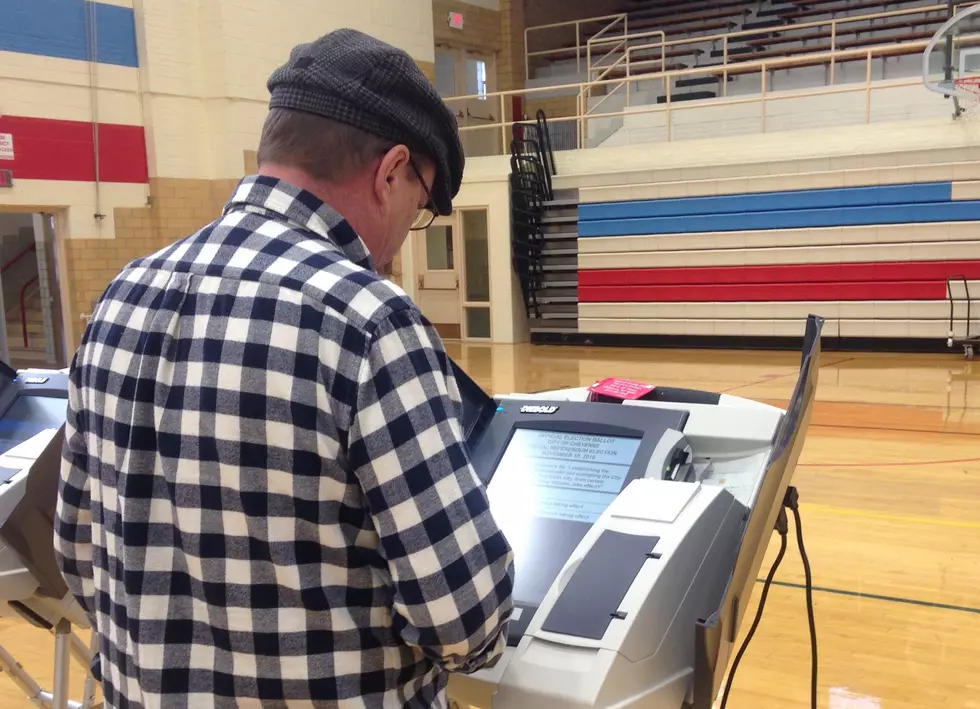
Wyoming Lawmakers Revive Previously Defeated Crossover Voting Bill
The Wyoming Senate on Tuesday brought back a crossover voting bill that had recently been voted down in a Senate Committee.
House Bill 103 was defeated last week in the Senate Corporations, Elections and Political Subdvisions Committee on a 3-1 vote.
The measure had previously passed the Wyoming House 51-9. But on Tuesday Senators voted 16-14, with Senate President Ogden Driskill [R-Devils Tower] absent, to rerefer the bill to the Senate Revenue Committee.
The motion to rerefer was put forward by Sen. Larry Hicks [R-Baggs].
Such moves in the legislature are unusual, although not unheard of. The Revenue Committee is thought to be more receptive to the measure than the Corporations committee.
The bill would prevent voters from changing their party affiliation starting in the first day of the candidate filing period for Wyoming Primary elections. They would also be prevented from changing party affiliation 14 days before a general election, but the main idea behind the bill is to keep people from changing parties ahead of the primary election.
The proposal is mostly intended to prevent Democrats from influencing Republican primaries by voting for more moderate candidates.
Some backers of former Wyoming Gubernatorial candidate Foster Friess blamed crossover Democrats for giving for giving Mark Gordon a win in the 2018 GOP primary, although it isn't clear that Democrats provided the entire margin of victory for Gordon, who at the time was State Treasurer.
Gordon, who was eventually elected governor, was generally considered more moderate then Friess, who ran as an arch-conservative. There was a phone campaign in the days leading up to the primary urging Democrats to register in the Republican primary and vote for Gordon.
Opponents of crossover voting have been trying ever since to keep people from changing party affiliation just ahead of primary elections, so far without success.
Supporters of banning crossover voting in Wyoming in recent years have argued that political parties have a right to have their candidates chosen only by party members. Opponents say voters should be able to vote for whomever they want and that voter freedom of choice is more important than party purity in primary elections.
In heavily Republican Wyoming, primary elections more often then not are the real election in terms of deciding who will be elected to office, with general elections in most cases little more than a formality.
The Dutton Ranch (aka Chief Joseph Ranch)
More From KGAB






